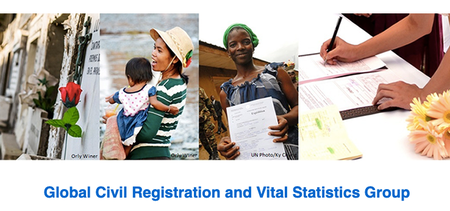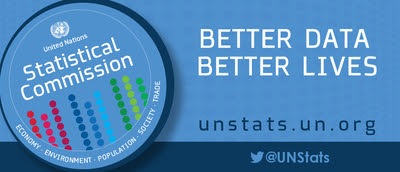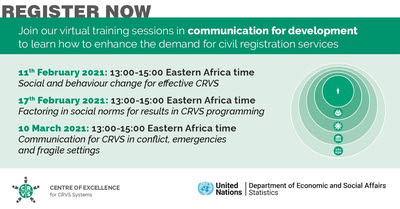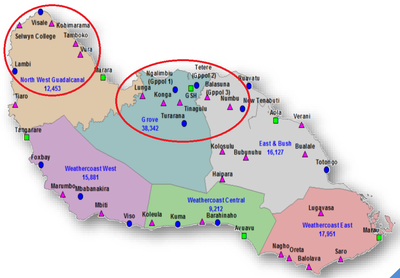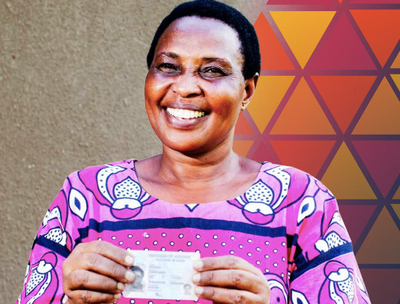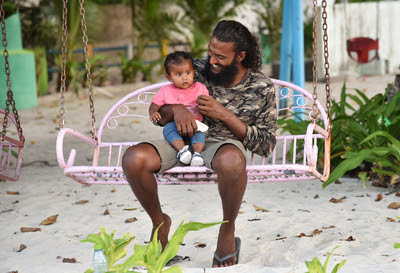On 19 September 2017 in New York, the International Labour Organization launched two seminal reports: Global Estimates for Child Labour: Results and Trends, 2012 – 2016 and Global Estimates of Modern Slavery: Forced Labour and Forced Marriage. Following the multi-year, collaborative research project conducted with Alliance 8.7 Members, the Walk Free Foundation and the International Organization for Migration, the reports reveal what the ILO deems the “true scale of modern slavery around the world”. Notably, the Child Labour report highlights the importance of birth registration, specifically as it pertains to building a policy response to child labour for the road forward.
First, the report emphasizes that, “Free and compulsory education of good quality up to the minimum age for admission to employment is a key tool in ending child labour”, but also notes that the cost to the family is one of the primary barriers preventing educational access for children. In response, the report stresses the need for investment in child education and singles out the link between cash transfers, non-means-tested benefits, and birth registration as a viable method for offsetting “the indirect cost of children’s time in school”.
Second, the report acknowledges poverty, risks, and shocks to the family as the primary drivers behind child labour and says that “social security is critical to mitigating these vulnerabilities”. After emphasizing public employment programmes, health protections, unemployment protections, and basic income security as the basis for a well-designed social security system, the report ultimately concludes that “Birth registration, itself a key human right, is an essential starting point for ensuring coverage in all of these areas”.
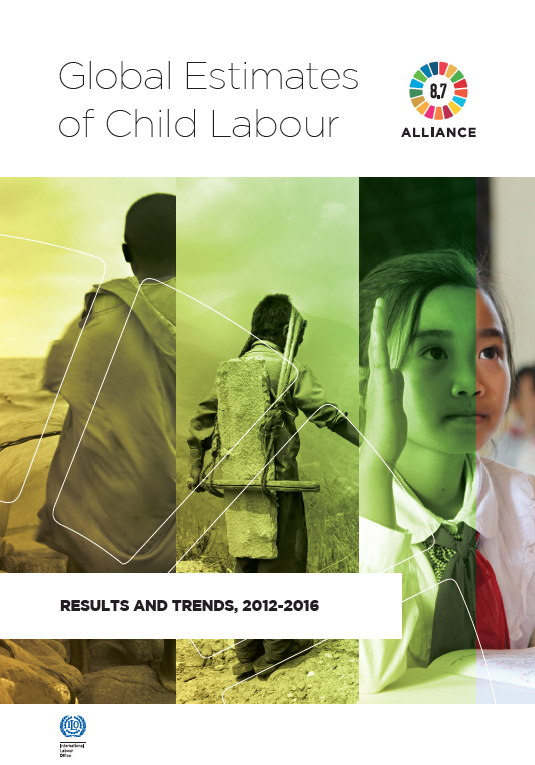
More News
(Newsletter: CRVS Insight March 2021) UN ESCAP is pleased to announce two new, short term…
(Newsletter: CRVS Insight March 2021) Following their recent meeting during the UN Statistical…
(Newsletter: CRVS Insight March 2021) Due to the virtual nature of the Statistical Commission this…
(Newsletter: CRVS Insight February 2021) The Centre of Excellence for CRVS Systems supported UNSD…
(Newsletter: CRVS Insight February 2021) The Solomon Islands is an archipelago of approximately 1,…
(Newsletter: CRVS Insight February 2021) Across the globe, 2020 was a year of disruption,…
(Newsletter: CRVS Insight February 2021) Each month, our community newsletter puts a spotlight on…
Newsletter: CRVS Insight January 2021 The ESCAP Statistics Division, in collaboration with…
Newsletter: CRVS Insight January 2021 The CRVS Stakeholders of Maldives started working on the…
Newsletter: CRVS Insight January 2021 Accurate medical certification of death plays a critical…



